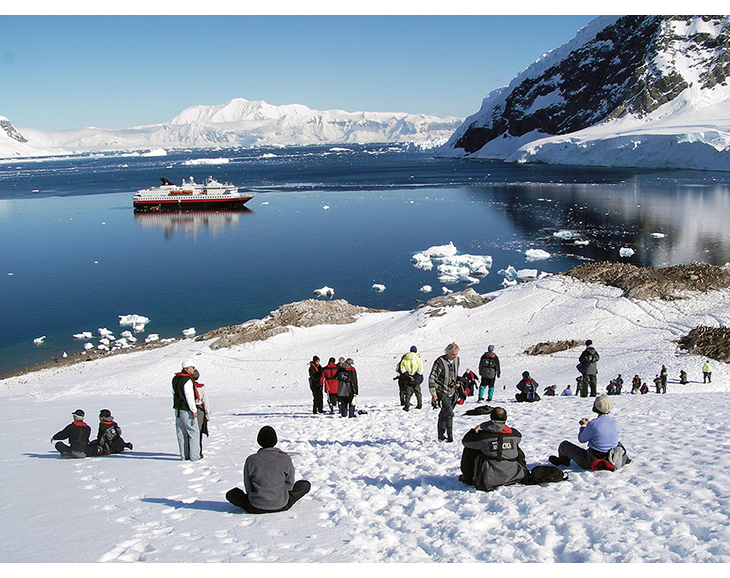
The three-day conference program includes sessions on growth management, technological developments, safety standards, operational development, citizen science and field staff qualification.
The Polar Field Staff Conference is organized by the Association of Arctic Expedition Cruise Operators (AECO) and the International Association of Antarctic Tour Operations (IAATO). The conference gathers guides, expedition leaders and operations managers working for AECO and IAATO. The aim of the gathering is to support the two associations’ joint mission of advancing safe and environmentally responsible travel in the polar regions.
“It’s a chance to discuss the practical issues that staff are facing out in the field, but it’s also an opportunity to weigh in on the larger perspective of polar tourism,” says Frigg Jørgensen, Executive Director of AECO.
Expected growth
Positive contributions
The conference also highlights how the industry is doing to have a positive impact in the polar regions. One example is the many citizen science initiatives that enable polar visitors and crew to contribute to research projects, such as collecting data for whale identification or sea-ice monitoring.
“Involving visitors in polar research is not only good for science, it also gives them a deeper understanding of the polar regions and the need to protect these unique and globally important areas,” says Damon Stanwell-Smith, Executive Director of IAATO.